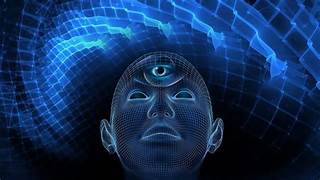Roger Mallett
In this posting, I will use Extra-Sensory Perception [ESP] as an example to highlight some of the difficulties in relation to scientific research and laboratory investigations.
There are two main concerns here, replicability and expectancy effects: There appears to be little scientific evidence which would suggest that ESP is a genuine paranormal phenomenon. Such laboratory experiments are difficult to conduct and replicate. We should also consider that if ESP does exist, it is likely to be a spiritual or supernatural phenomenon which involves tapping into another level of consciousness or an alternative dimension, which makes current scientific investigation implausible.
The problem with laboratory testing involving ESP research, is that results are virtually impossible to replicate. Another difficulty is that researchers may influence the subject if the experiment is not properly controlled.
It should be considered plausible that ESP involves fraudulent experiments, especially if there is manipulated data to support theories, or there is experimenter bias when a researcher selects subjects that are more likely to provide the desired results.
As previously stated, perceptions can play tricks on the mind, and if we believe in something, we will do what we can to provide supporting evidence. Similarly, if we don’t believe, it will likely be dismissed. These pitfalls [and others] will have to be overcome if the governing bodies within the scientific community are going to conduct research seriously.


Leave a Reply